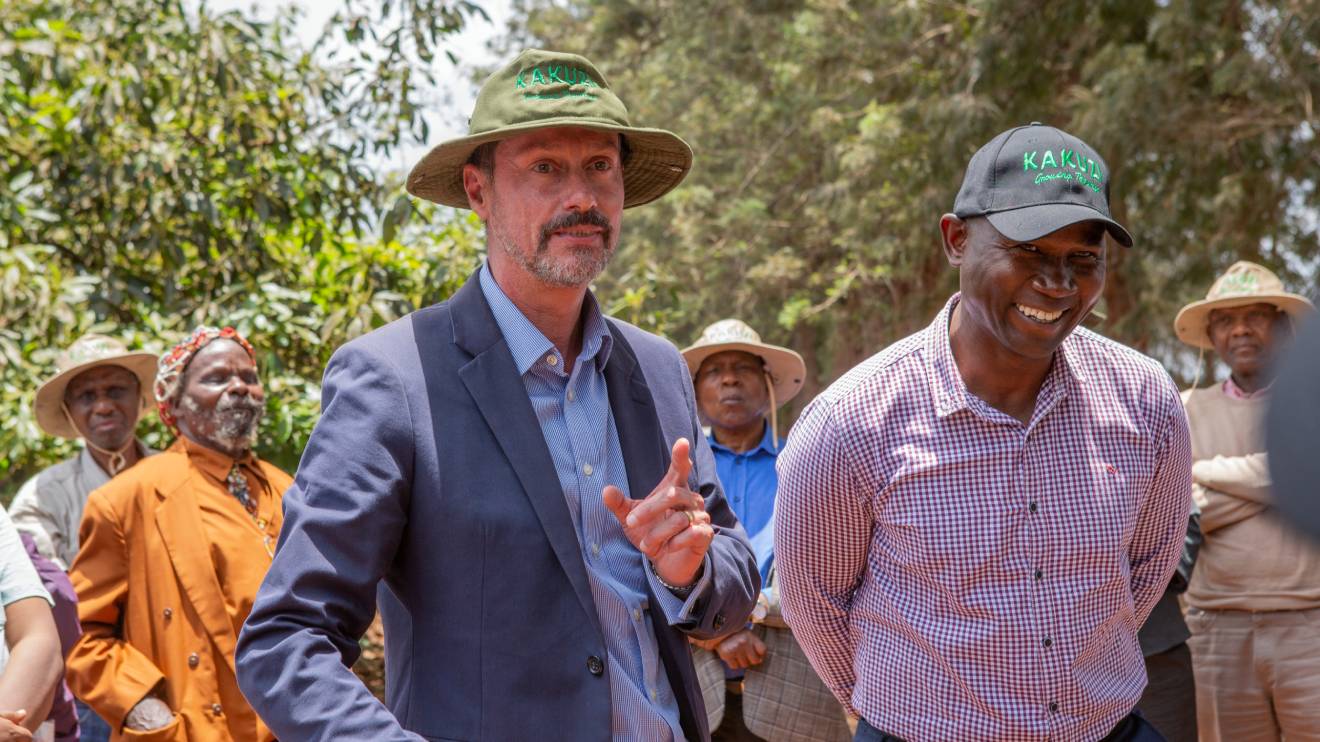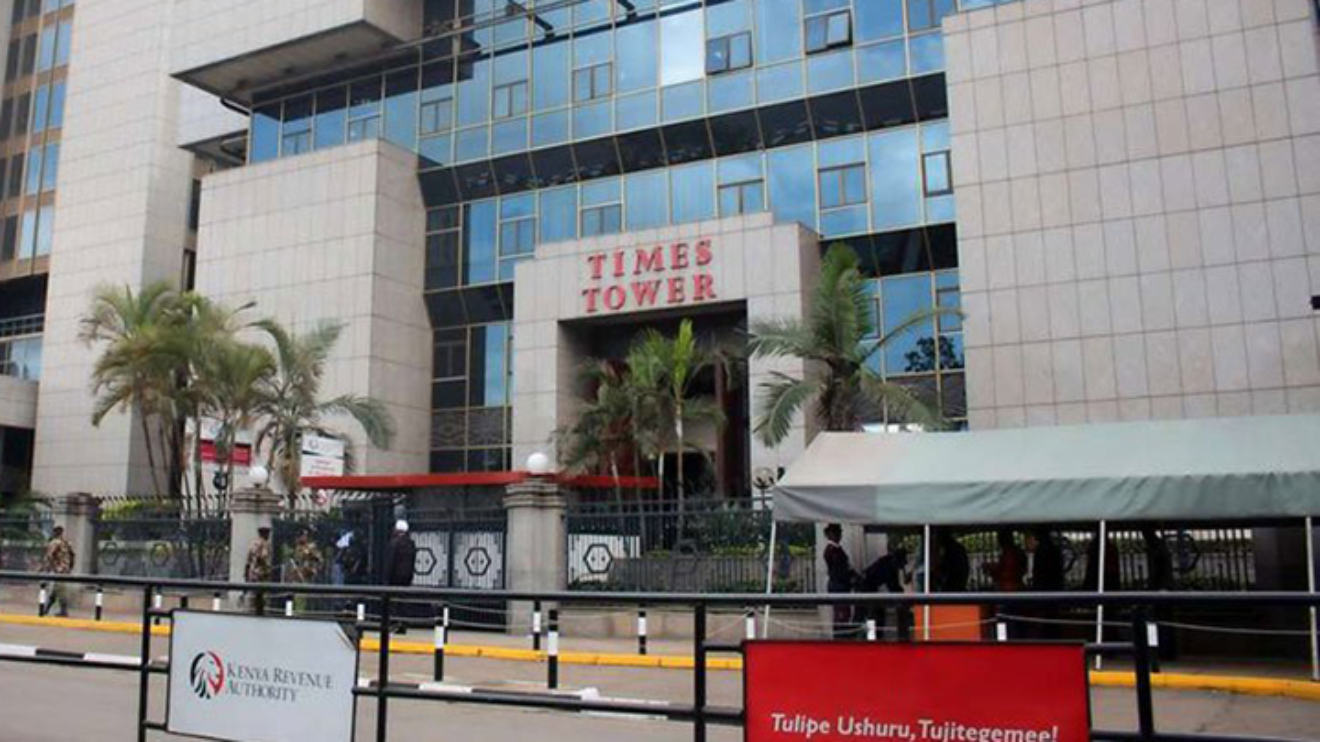A staggering Sh11.66 billion from an international loan meant to drive Kenya’s affordable housing agenda has come under scrutiny after Auditor-General Nancy Gathungu revealed that its usage could not be accounted for.
The funds, part of a Sh29.99 billion (€219 million) loan secured from the International Bank for Reconstruction and Development (IBRD) in December 2019, were allocated to the Kenya Mortgage Refinance Company (KMRC).
This institution was tasked with implementing the affordable housing project, a key component of the previous administration’s Big Four Agenda.
In her latest audit report presented to the National Assembly, Gathungu highlighted serious concerns about the disbursement and utilisation of the funds.
"In the circumstances, the accuracy and appropriate utilisation of (Sh11.66 billion) disbursed to KMRC for project implementation could not be confirmed," the report states.
Read More
By June 2024, KMRC had received Sh11.66 billion from the loan. However, the Auditor-General found no evidence of how these funds reached the intended beneficiaries, with the onward allocation remaining unclear.
Compounding the issue, KMRC’s financial statements have not been audited by her office or any authorised auditor as mandated by the Public Audit Act, of 2015, making it impossible to verify the expenditure.
Lofty ambitions mired in opacity
KMRC, founded in 2018 as a public-private partnership and regulated by the Central Bank of Kenya, was envisioned to revolutionise Kenya’s housing finance sector.
With private sector entities owning 80 per cent of the institution and the government holding 20 per cent, KMRC was designed to provide long-term funding to mortgage lenders, enabling middle- and low-income Kenyans to access affordable home loans.
Borrowers earning up to Sh150,000 per month could apply for loans capped at Sh4 million in Nairobi and its surrounding counties and Sh3 million elsewhere.
The initiative aimed to facilitate the construction of 500,000 low-cost houses and address the housing deficit in Kenya.
Former President Uhuru Kenyatta launched KMRC as a flagship project under his administration’s Big Four Agenda, with the Treasury and Ministry of Lands providing technical assistance. Despite these aspirations, Gathungu’s report indicates significant gaps in accountability and execution.
Questionable expenditure on foreign travel
Adding to the concerns, the audit flagged a Sh1.67 million expense on return air tickets for a benchmarking trip to Kuala Lumpur, Malaysia.
According to the report, the expenditure lacked documentation, such as the list of participants or proof of attendance.
"In the circumstances, the propriety and value of air travel expenditure of Sh1,672,770 could not be confirmed," reads the report.
Challenges to affordable housing
The revelations cast a shadow over the affordable housing programme, a vital promise made to Kenyans. With less than a year left before the loan repayment period ends in June 2025, the lack of transparency raises questions about whether the ambitious housing targets will be met.
Kenyan taxpayers, already grappling with a high cost of living, are likely to demand greater accountability from KMRC and government institutions involved in the project.
Failure to address these issues may erode public trust in similar initiatives in the future.

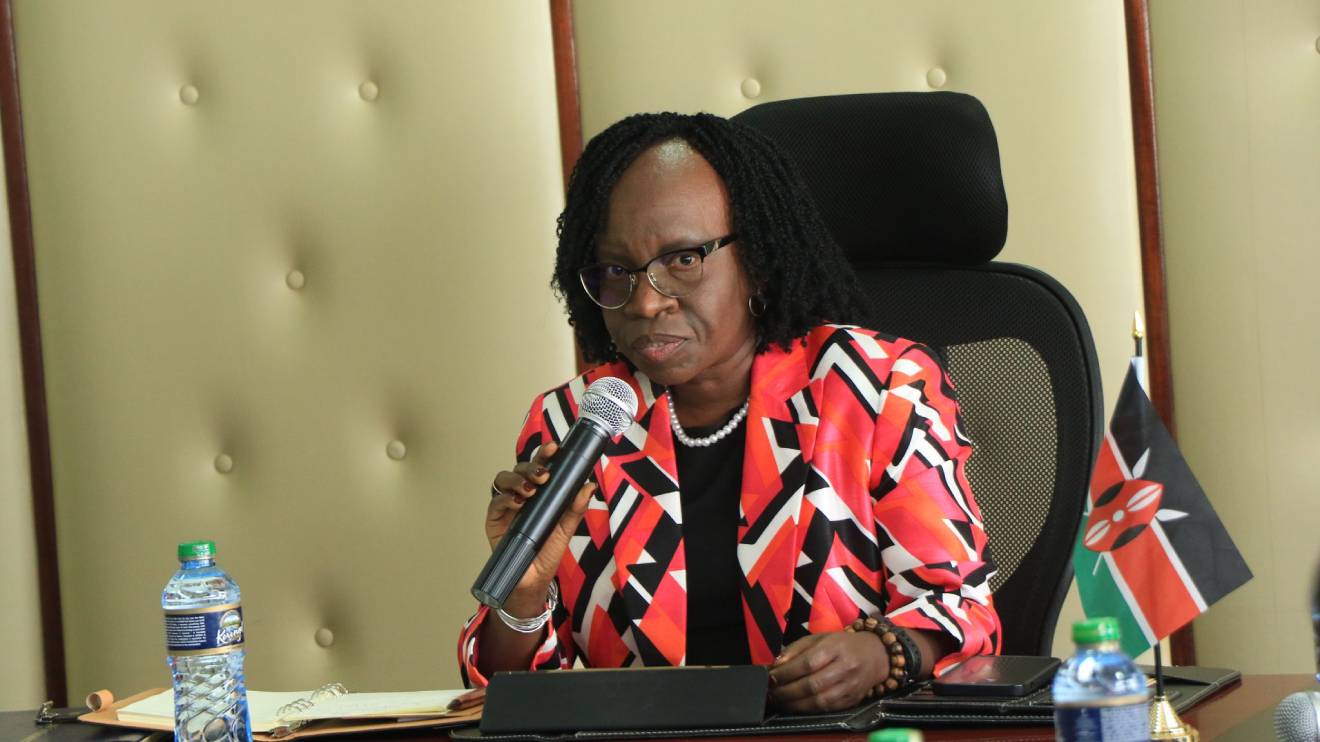
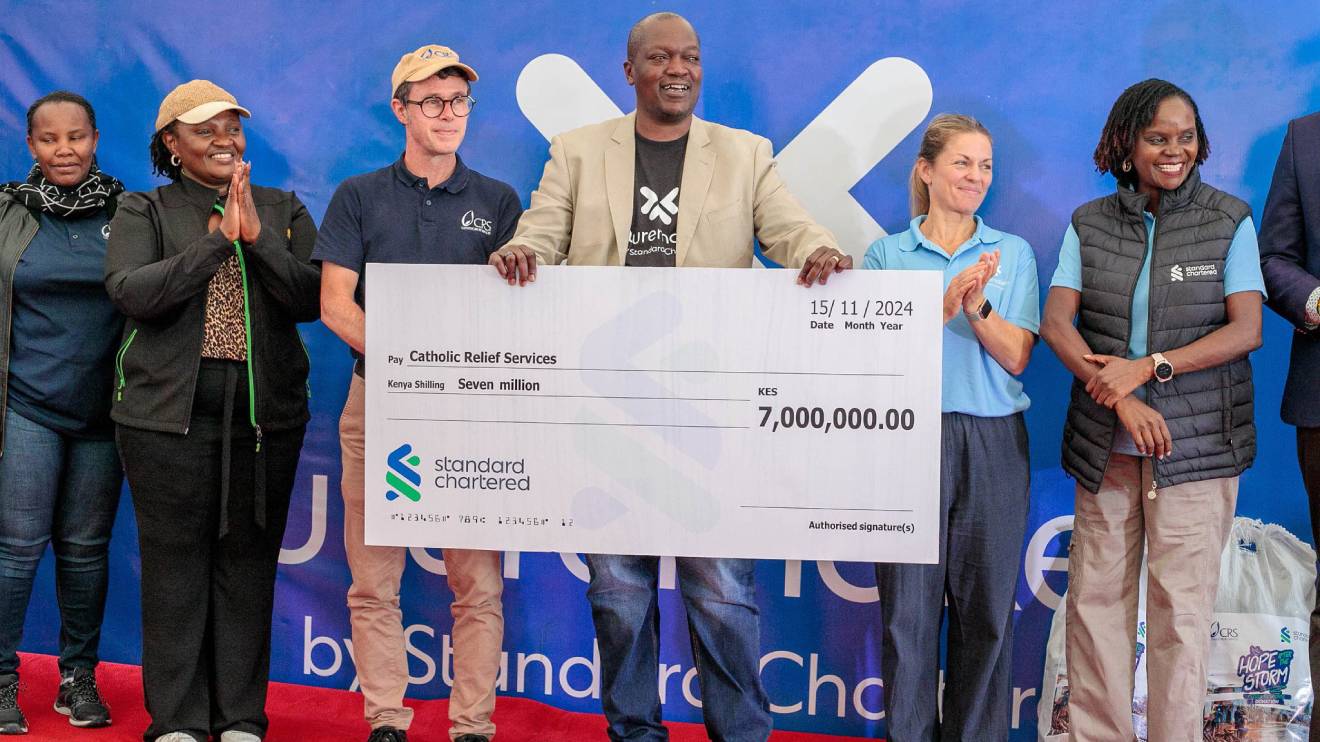
-1731665904.jpg)
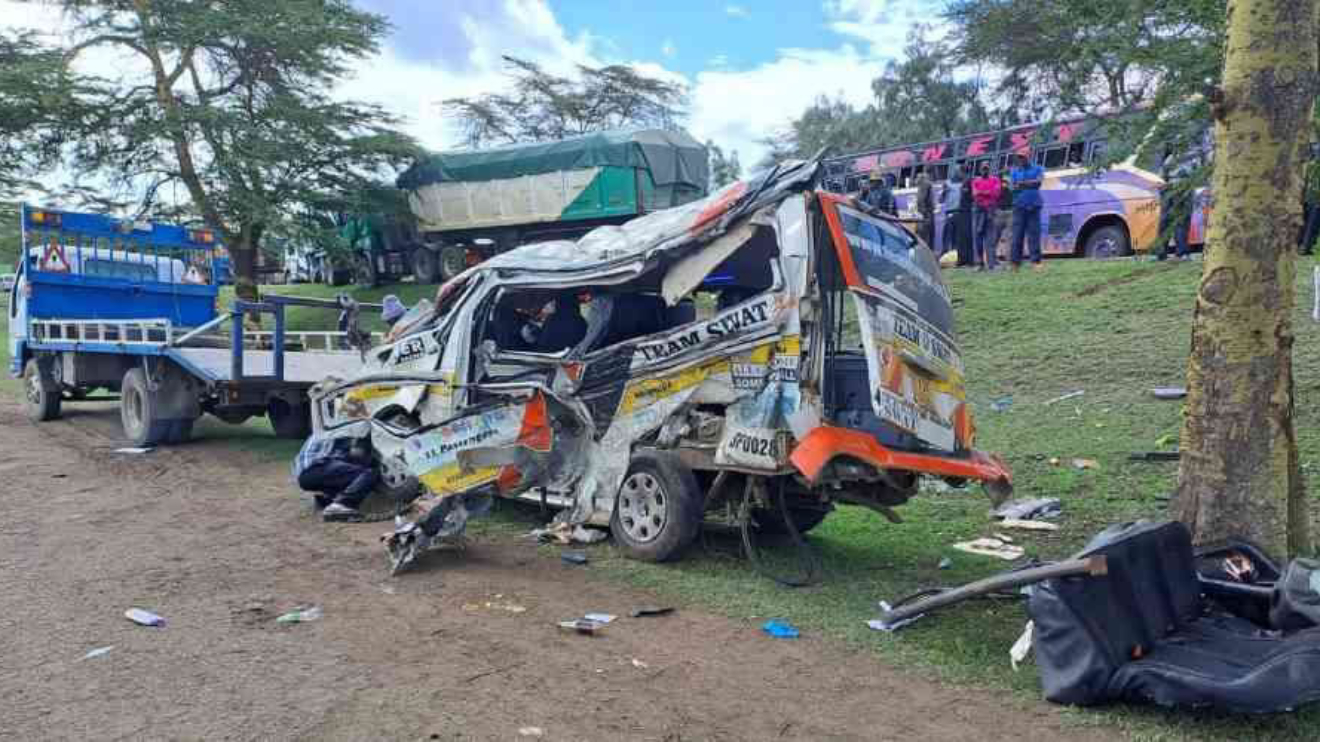

-1731583283.jpg)
